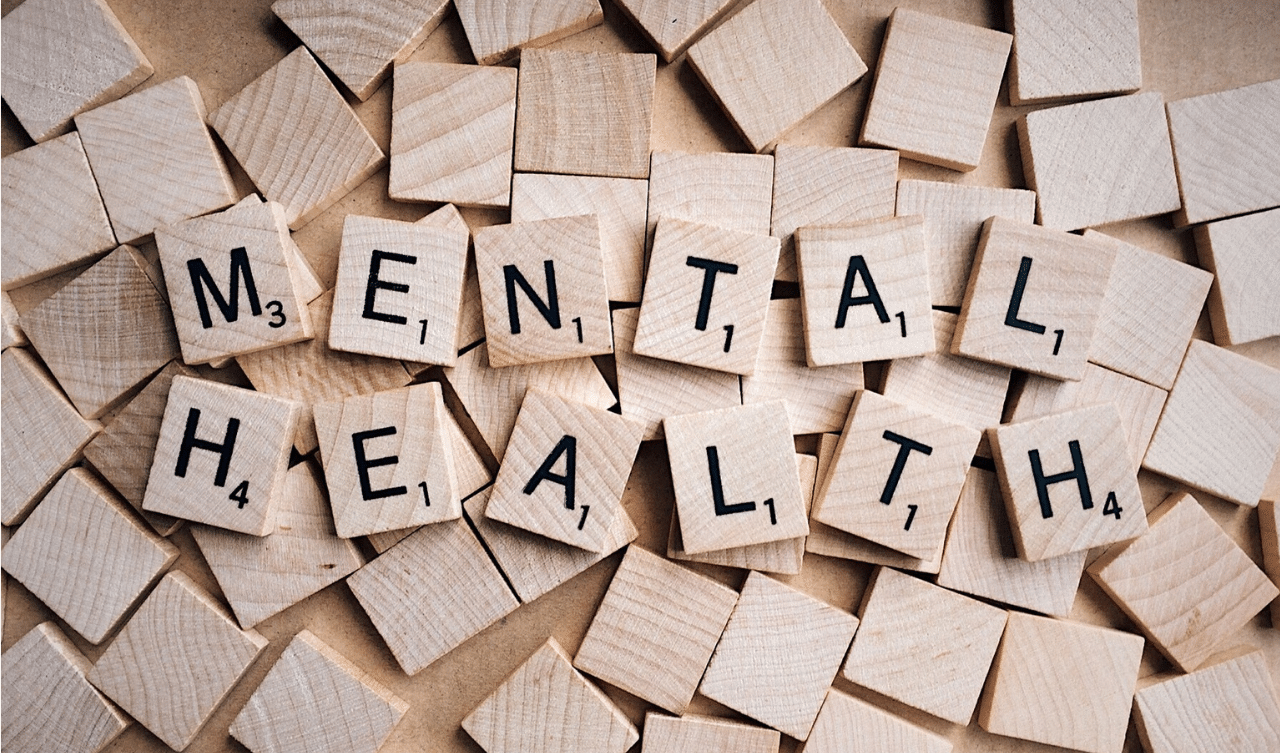1 in 4 people will experience a mental health problem each year (Mind Charity) but how do you support those who are suffering? What is useful and what should you avoid doing? All these questions can be hard to answer if you haven’t experienced a mental health problem before.
Most important of them all is to be patient. It can be a very long and bumpy road to recovery, having a friend by your side can make this process more bearable. Don’t rush them, everyone recovers at different paces- let them do what’s best for them. If your friend or peer is having a bad day be present but understand they may not be willing to talk or explain what’s going on. Ensure you give them the time they need and remind them that recovery is a hard process but you will be by their side through both the good and the bad.
Make time to understand what they are going through. Research around their mental health illness to become aware of the symptoms this will help you support and spot when your friend is in a bad place.
After doing your research the best thing you can do is not generalise. Everyone experiences different symptoms and thoughts. For instance saying to someone with social anxiety that you experience exam anxiety is not very helpful. They are two very different experiences. If you have gone through a mental health problem, feel free to share your story so they know they are not alone but don’t expect their journey to be the same as yours.
Being able to listen to your friend is very important. You do not need to know everything about what they are going through but it is relieving to get things of your chest so be present, to listen to anything your friend has to say. Sometimes it’s best to just simply listen.
Don’t give up on them. If they have found the confidence to open up to you about their feelings, understand how much it has taken them to do that and respect their decision. Stay by their side throughout their journey and don’t leave them when things get tough.
Encouragement is important when helping those struggling with mental health problems. You are not a trained therapist and no one expects you to be able to solve their problems. Encourage them to talk to a professional and if you get concerned for their wellbeing talk to a trusted adult about the best steps to get them the support they need.
By Emily Morris, Psychology Student.







